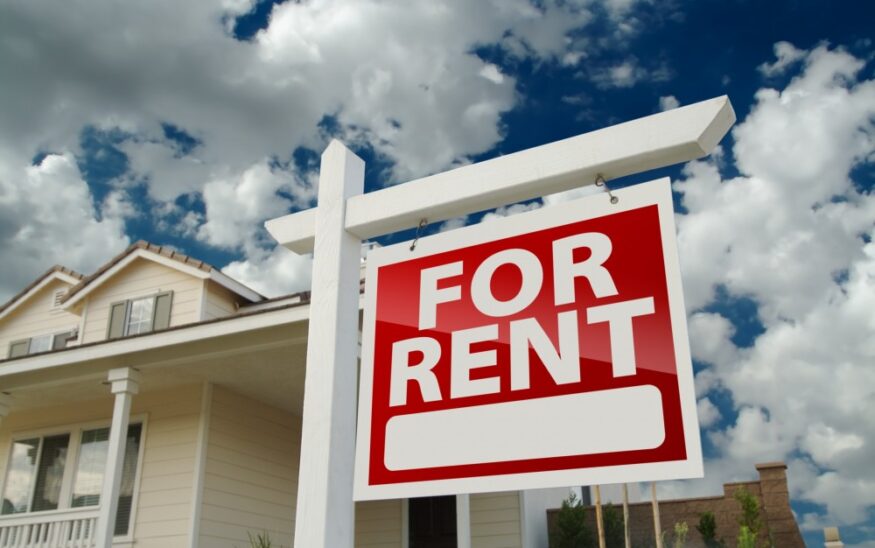Should you invest in long-term or vacation rentals?
Colorado’s real estate market has been hot, inspiring many investors to grab a piece of the pie
Kristen Herhold //October 4, 2021//


Should you invest in long-term or vacation rentals?
Colorado’s real estate market has been hot, inspiring many investors to grab a piece of the pie
Kristen Herhold //October 4, 2021//
Colorado’s real estate market has been hot, inspiring many investors to grab a piece of the pie.
Although most counties are still recovering from the 2020 price dips spurred by the pandemic, rental costs are quickly climbing up as businesses reopen and more people move to Colorful Colorado.
According to data from STR, short-term rental prices across the state have increased by 25% since March 2020 — higher than Florida, Arizona and California. As for median monthly long-term rent, a one-bedroom goes for around $1,100 per month in Denver, and a 3-bedroom single-family home can go for well over $2,000 per month.
Housing prices have also significantly increased, making the barrier to entry for first-time investors more difficult than previous years. By working with a discount real estate broker and taking advantage of the current ultra-low interest rates, however, there are still ways to make high ROI, even with high housing prices.
For those trying to decide whether to invest in a long-term or short-term rental, this article will list the pros and cons of both.
Short-term rentals
Pros
Short-term rental properties, aka vacation properties, have gained popularity in recent years as a way to earn passive income without the hassle of acting as a landlord. Because the rental term is only a few days or weeks as opposed to annual, owners can charge more per day than they could with a long-term rental. Additionally, when a traveler isn’t occupying the home or room, the owner can use the space themselves.
Home-sharing apps such as Airbnb and Vrbo have made becoming a short-term rental host more accessible than ever before. Additionally, advancements in technology such as scheduling and payment software has made it incredibly easy for both travelers and hosts to book vacations without complicated processes. This increased accessibility has completely changed the game for vacation property investors.
Cons
Although vacation properties hold great potential for high ROI, they are also more expensive than other types of investment properties. There is a significant amount of maintenance that goes into vacation rentals, and they must be cleaned after each stay, which has become even more intensive with COVID-19 cleaning protocols.
Moreover, during the off season, there is the possibility that your vacation rental could be empty for long periods of time, which could lead to lost income.
Long-term rentals
Pros
One of the most common ways people invest in real estate is by becoming a long-term rental property owner. These rentals provide greater stability for owners because the lease agreements are longer than vacation properties. They also hold the potential to provide owners with stable monthly income over long periods of time.
Investors can also participate in house hacking, where they purchase a home and live in the property while renting out the other rooms in the house. And once an owner sells their property, they can invest the capital gains into another rental property via a 1031 exchange to defer capital gains taxes.
Cons
Landlords certainly do not have an easy job. Dealing with tenants, being on the hook for repairs and maintenance, and fixing problems that arise with the property can be stressful. Additionally, finding good tenants can be hard, as can collecting the rent. To earn passive income, landlords are at the mercy of their tenants to pay the rent on time. And if they don’t, then they must go through the eviction process and potentially pursue legal action.
Moreover, purchasing a rental property can be quite expensive. Unlike a regular residential property, most lenders require at least 25-30% down, and you will also have to budget for the maintenance and upkeep of the home.
To truly decide whether you want to invest in a short-term or long-term rental property, lay out your goals and decide how much time you want to invest into your project. This will help keep you on track and make the right decision. Ultimately, both have their pros and cons, so you need to pick the investment style that best suits your needs.
























